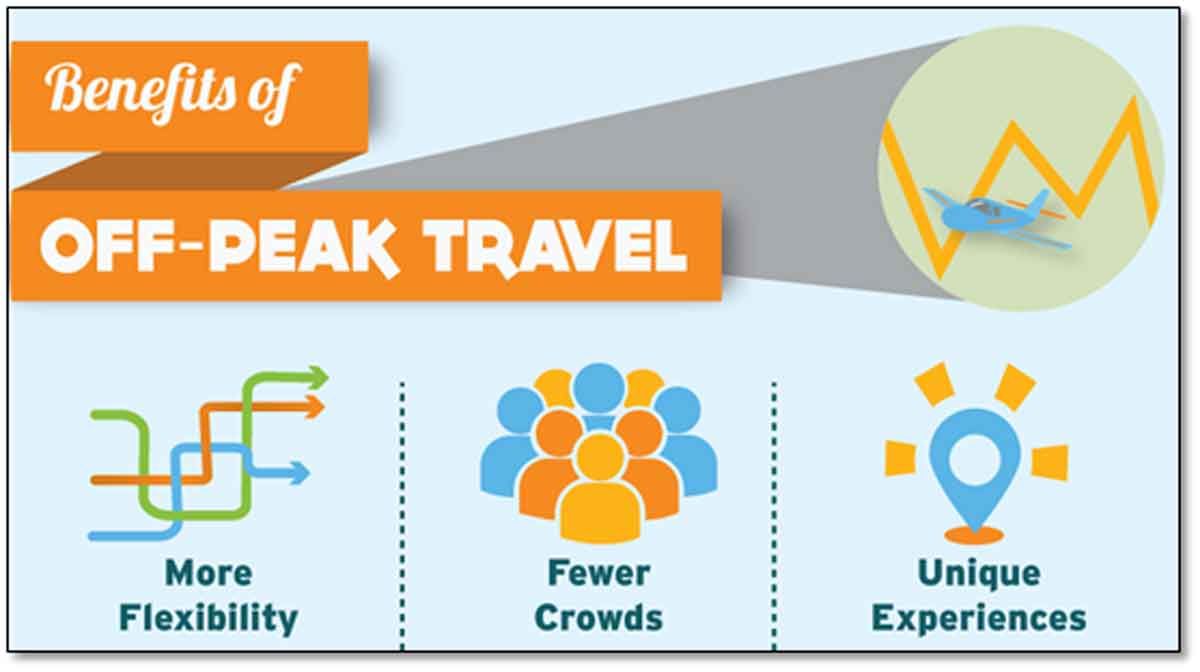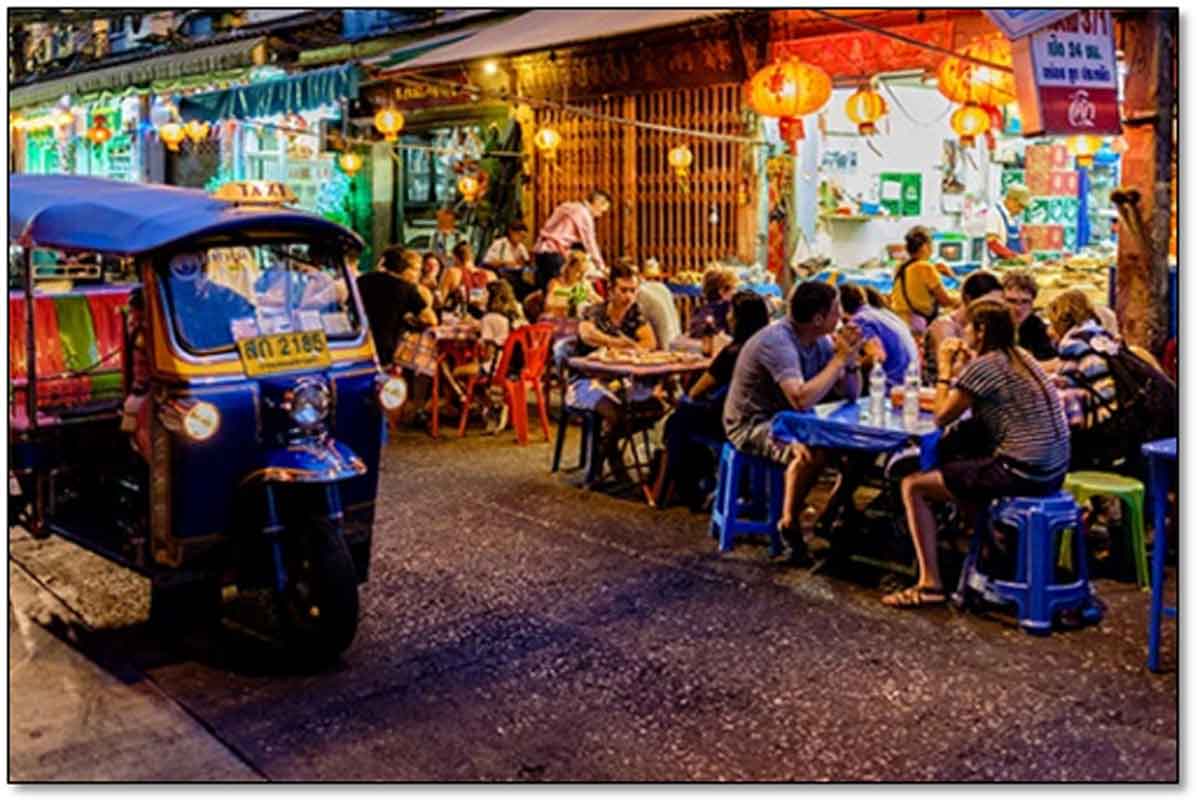Managing Holiday Budgets: Tips for Families to Save & Spend Wisely
Introduction: Steve Harvey said, “A family vacation is a good time to bond and make memories that last a lifetime”. Family is one of the most precious gifts of life and travelling helps to celebrate the gift in a better way. In the current times, travelling has become a much-loved activity among the people, especially families with children. Moreover, family vacations provide a chance to disconnect from technology and reconnect with one another, making them an invaluable part of modern life.
According to Booking.com, 55% of families globally are inspired to travel to try food seen on TV or in movies. As per a study by the Economic Times, family travel bookings surged by 64% in 2023 compared to the previous year. Given the passion for travel, there is a tremendous demand for flights and accommodation facilities, coupled with inflation, vacations are becoming an expensive activity. Here are a few tips and tricks to help reduce the travel burn on the pocket!
Table of Contents
Do Online Research:
To begin with, knowledge of the destination is crucial. Do a lot of research online, get in touch with any of your network who have been to that destination and make sure you have gathered enough information not to fall into the tourist traps in the destination.
Fix the Travel Budget:
Another basic is the fixation of the travel budget. Include all expenses from travel, stay, food and activities into this budget. Now based on the above two criterion, pick your place, this will ensure that you will have a high chance of having a good trip within the allocated budget.
Other General Tips
Booking Early:
Booking your flight tickets and accommodations early can save money through discounts and non-surge fees. Studies show that booking flights 3-6 months in advance can reduce costs by up to 20-30%. For domestic travel, booking at least a month ahead often yields significant savings.
Travelling off Season:

Choosing Alternative Accommodations:
Switching to homestays, hostels or even pinging a friend/ relative can lead to substantial savings. In a trip where exploration and outdoor activities are the goal, choose an accommodation that is basic and secure. On the other hand, for a staycation, resorts or beach villa may be chosen, but in any case, do not forget to compare and check for discounts and coupons or credit card rewards.
Cooking Own Meals:
Exploring local cuisines is a delightful part of traveling, but cooking your own meals can be a great way to save money, especially on longer trips. Many hostels and homestays in India and abroad offer access to kitchen facilities, enabling travellers to prepare simple, budget-friendly meals. This can be particularly helpful when traveling with kids, as they may have dietary preferences or sensitivities that make it difficult to rely solely on local cuisine. Balancing local food experiences with occasional self-cooked meals ensures a mix of cultural immersion and cost efficiency.
Engage in Local Street Food:
Opting for local street food in both India and internationally offers an authentic culinary experience while being highly budget friendly. Globally, street food remains an affordable and tasty option. Occasional visits to high-end restaurants can complement your travel experience, where you can indulge in gourmet dishes or regional specialties. Pick a refillable water bottle and fill up wherever drinking water is available for free of cost, this will save some bucks too!
Public Transport to the Rescue:

Take Advantage of Free Activities:
Many cities offer free walking tours, museum days, and public parks that allow visitors to immerse themselves in the local culture and scenery. Popular attractions such as beaches, hiking trails, and markets can be accessed at no cost, providing a rich experience without the need for expensive tickets. Additionally, some cities host free events like festivals, outdoor concerts, or art exhibitions, offering unique opportunities to engage with locals and enjoy the community atmosphere. Prior planning and research will help to identify and attend such events.
Credit Card Rewards:
Making use of credit cards while traveling can provide significant savings and added convenience. Many banks and credit card companies offer exclusive discounts on flight tickets, accommodations, and car rentals when booked through their platforms or using specific cards. For instance, some credit cards offer cashback, travel points, or even direct discounts on airfare, sometimes saving up to 10-20% on the total travel costs.
Keep an Eye on Souvenir Spending:
While the urge to buy many souvenirs may be there while travelling to exotic places, keep an eye on the budget and pick the one that feels most memorable.
Tips for Saving Money on International Trips
Currency Exchange:
Many credit and debit cards offer favourable exchange rates with no foreign transaction fees, especially cards designed for travel. Avoid the airport exchange counters as they tend to offer poor exchange rates and charge higher fees. Using ATMs abroad to withdraw local currency can often give you better exchange rates than currency exchange offices but be careful to check out the bank charges on international cash withdrawals. Changing small amounts of currency multiple times can lead to unnecessary fees. If possible, plan your cash needs in advance and make fewer, larger exchanges.
Choose a Country with Low Cost of Living:

Conclusion
The quote by Saint Augustine, “The world is a book and those who do not travel read only a page” rightly depicts the importance of travelling, so pack your bags and remember the above tips to save money while having fun.















































